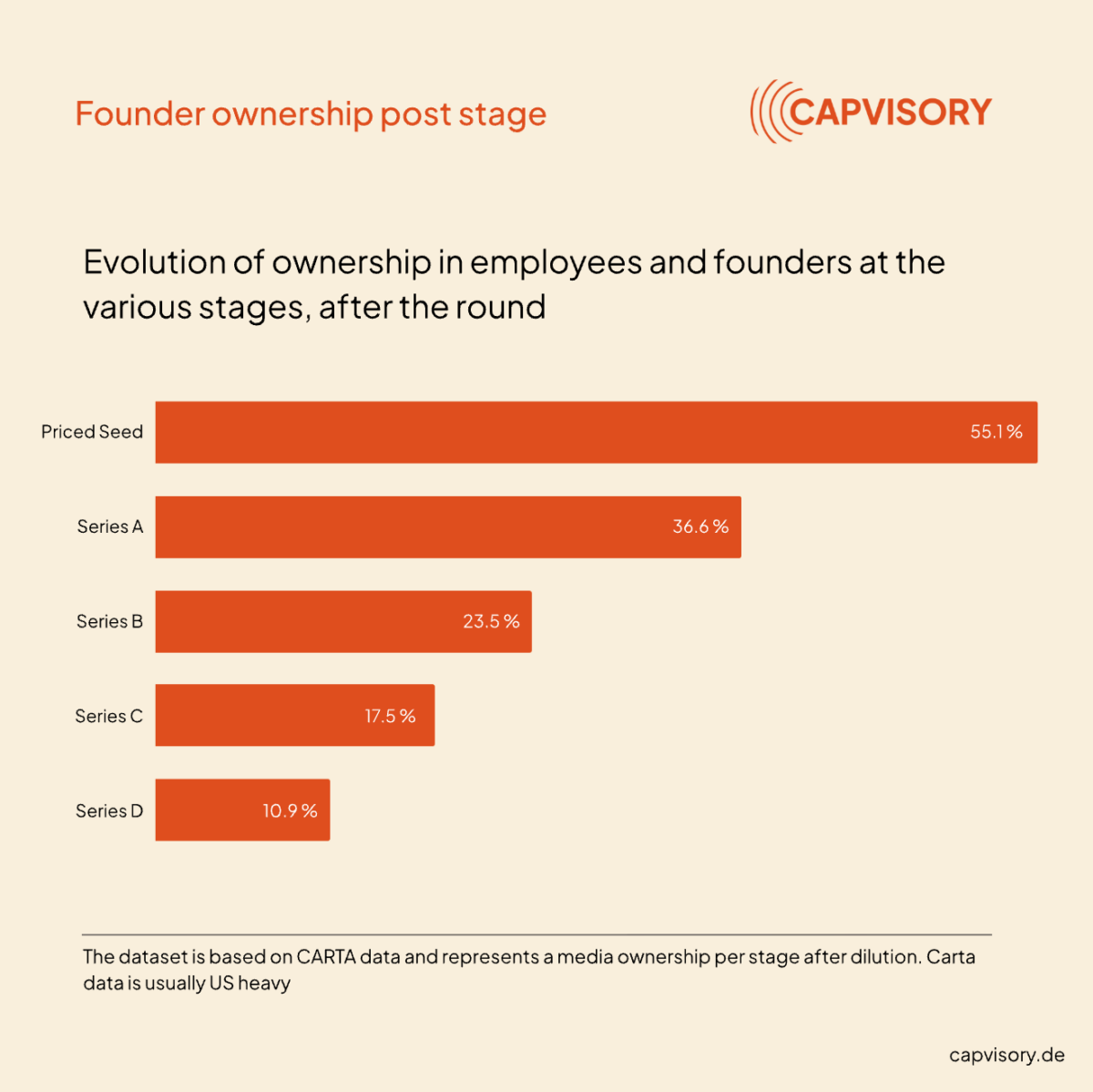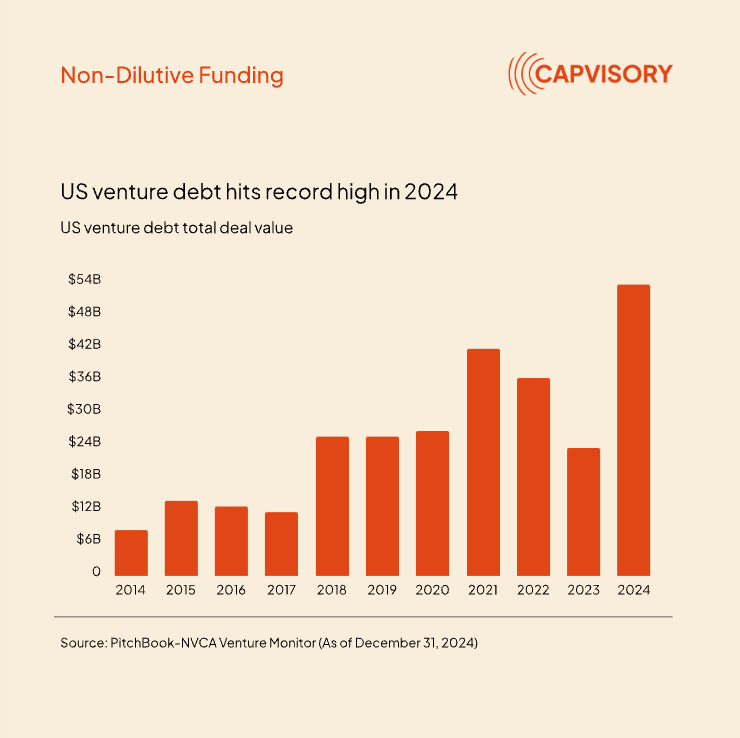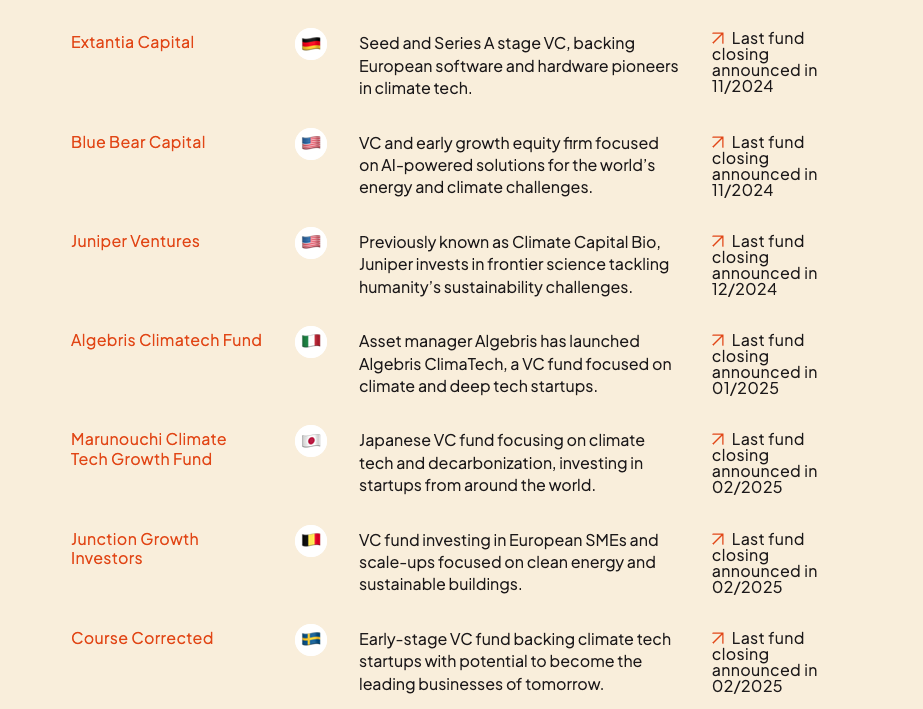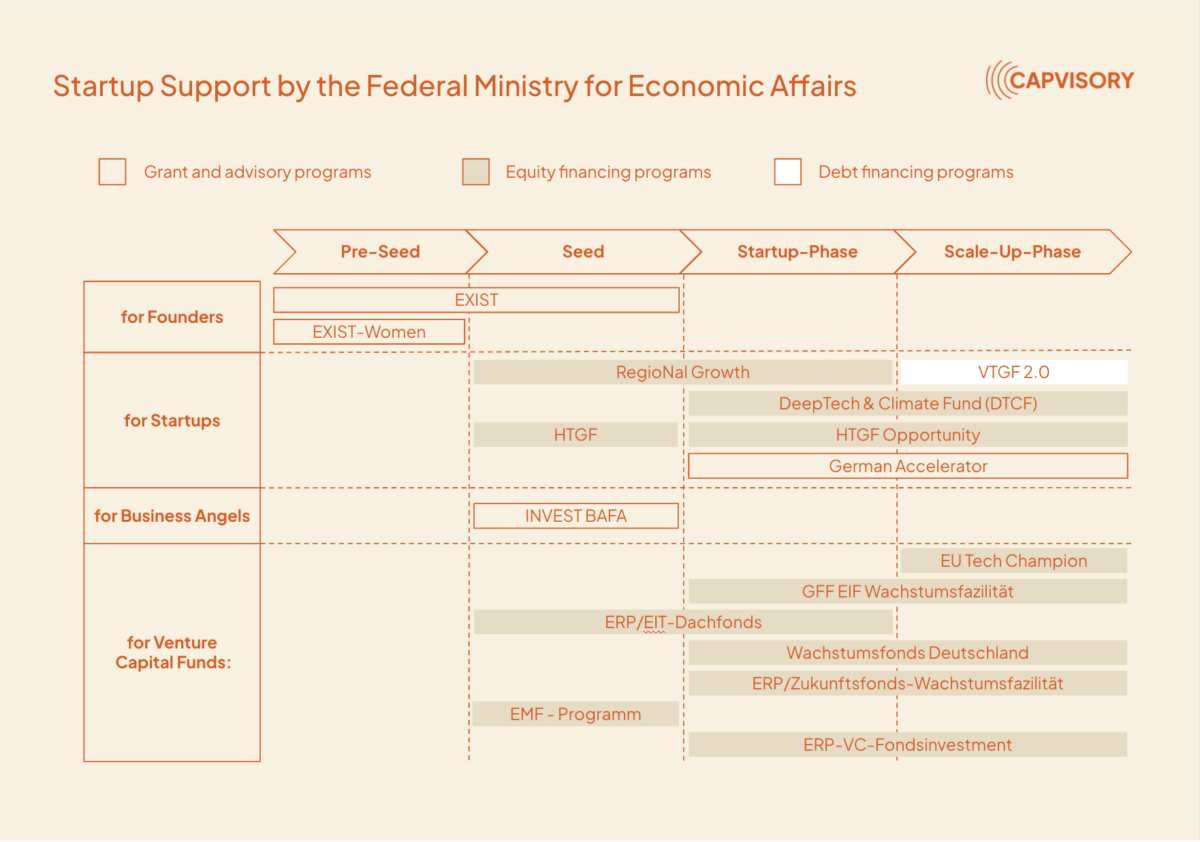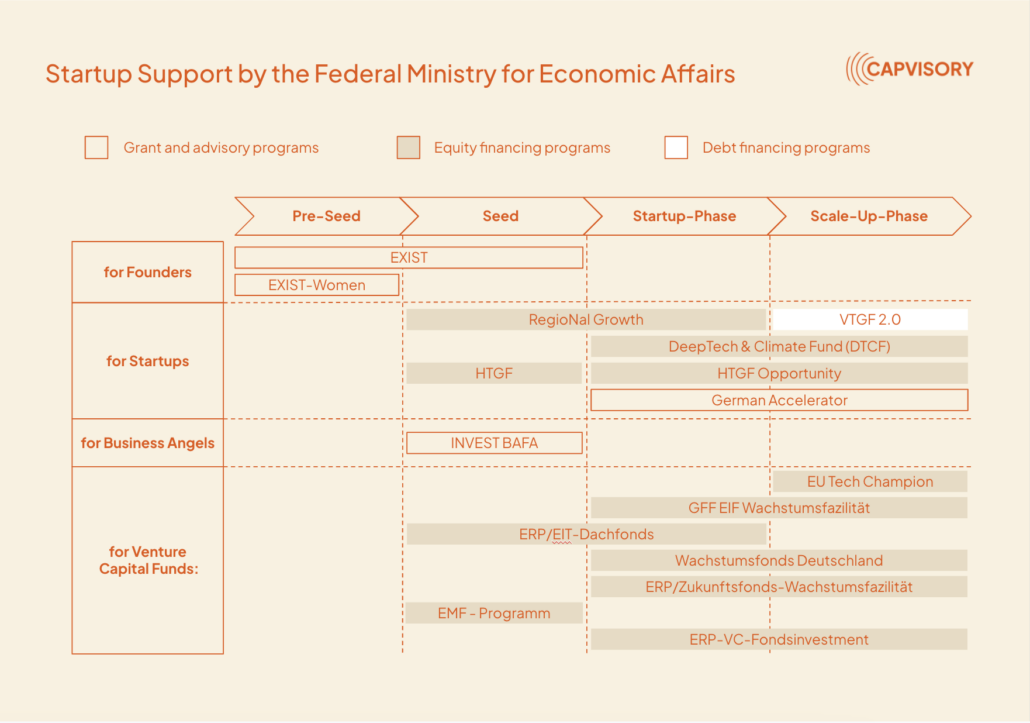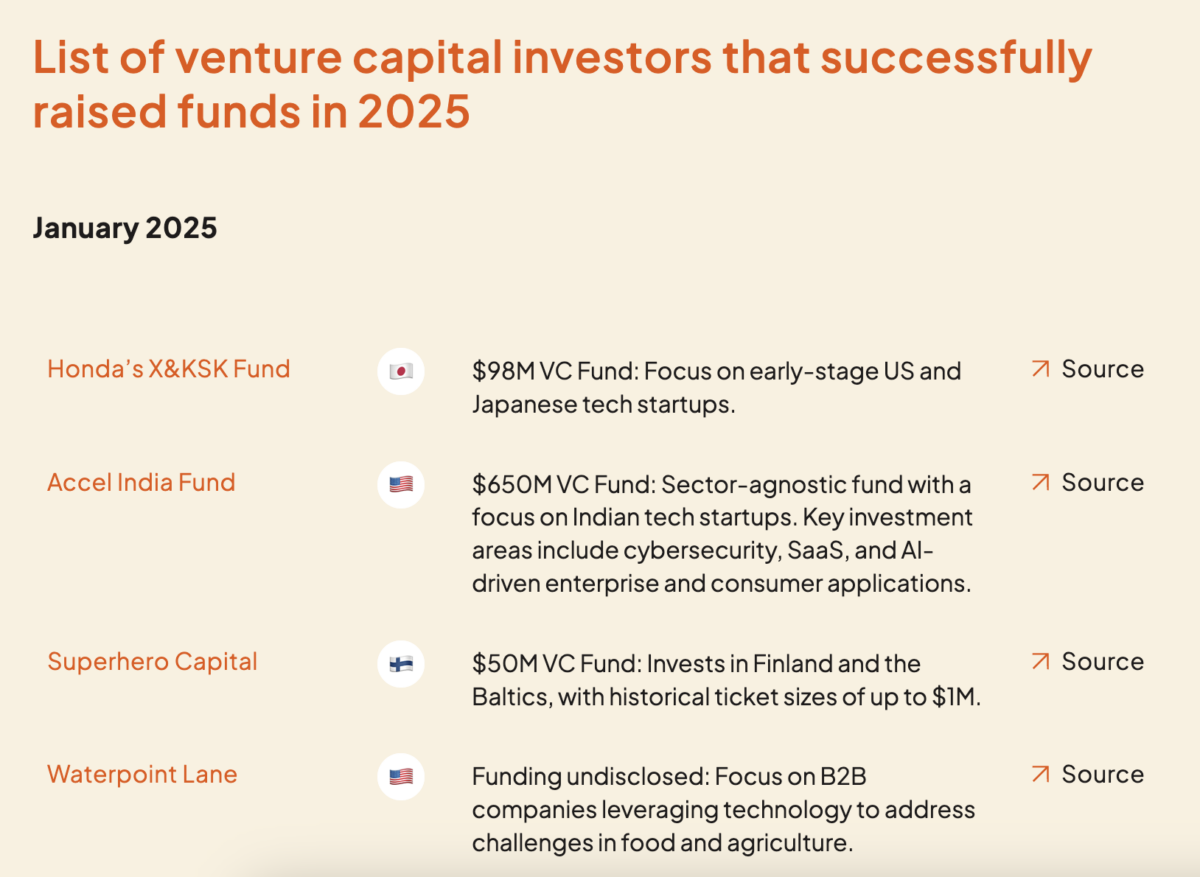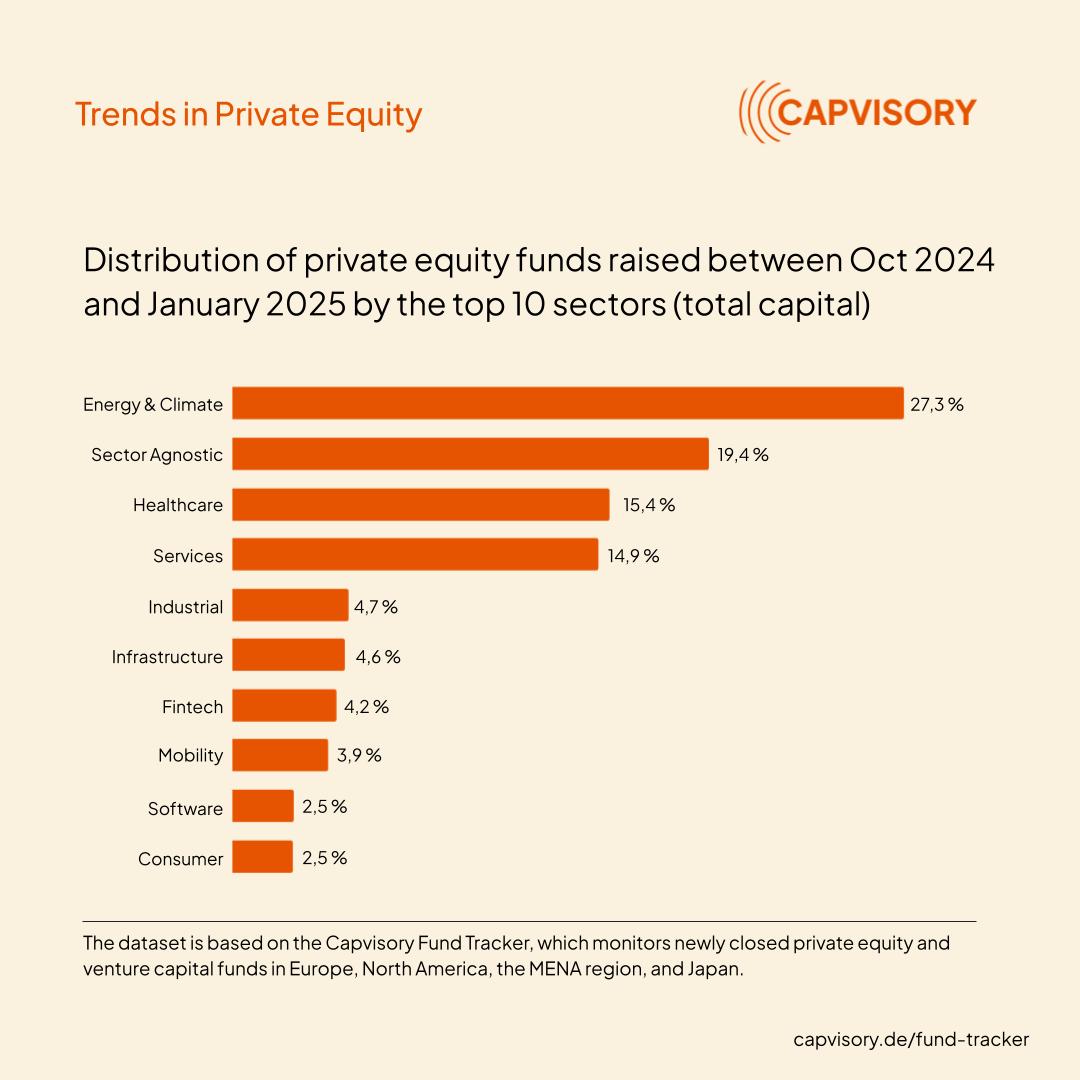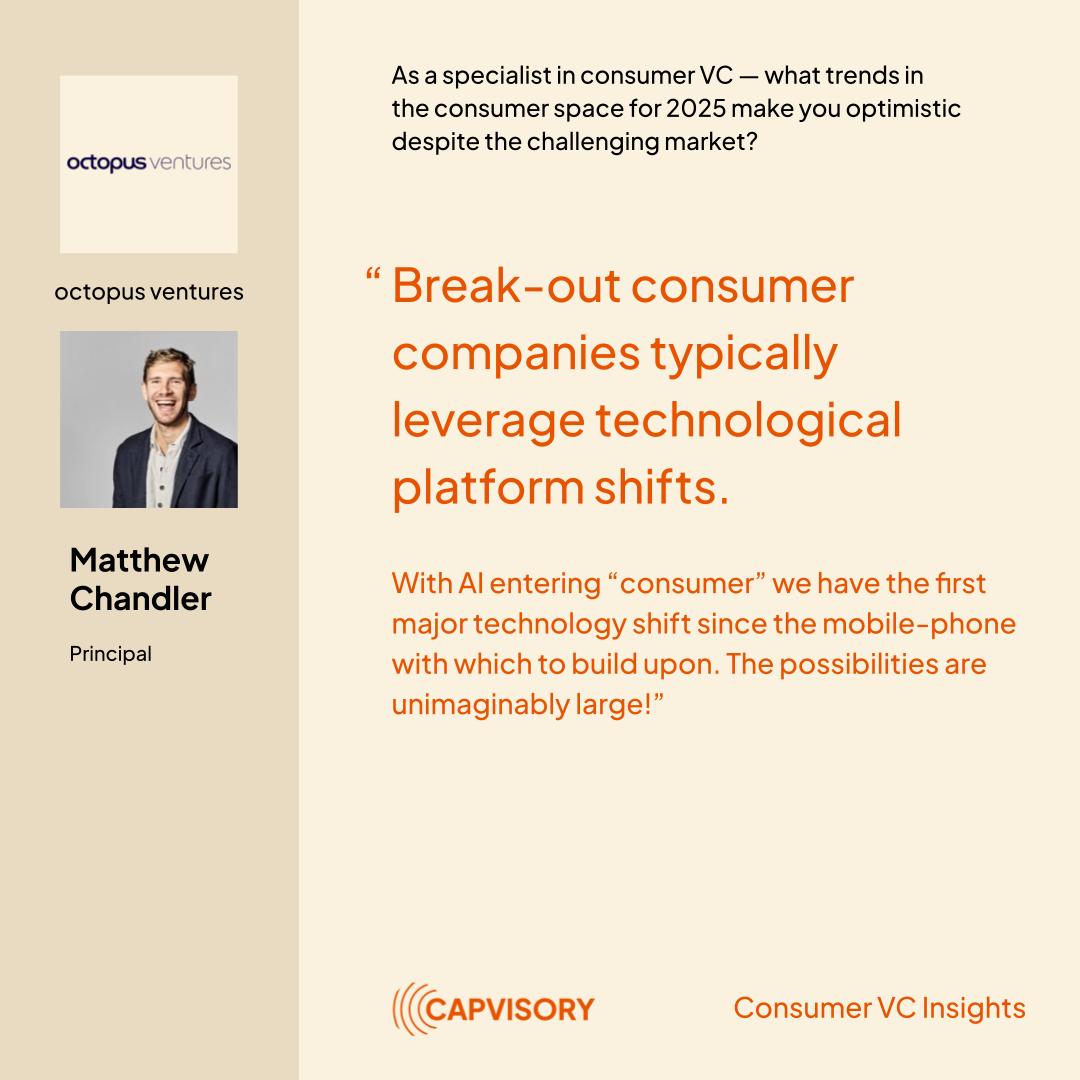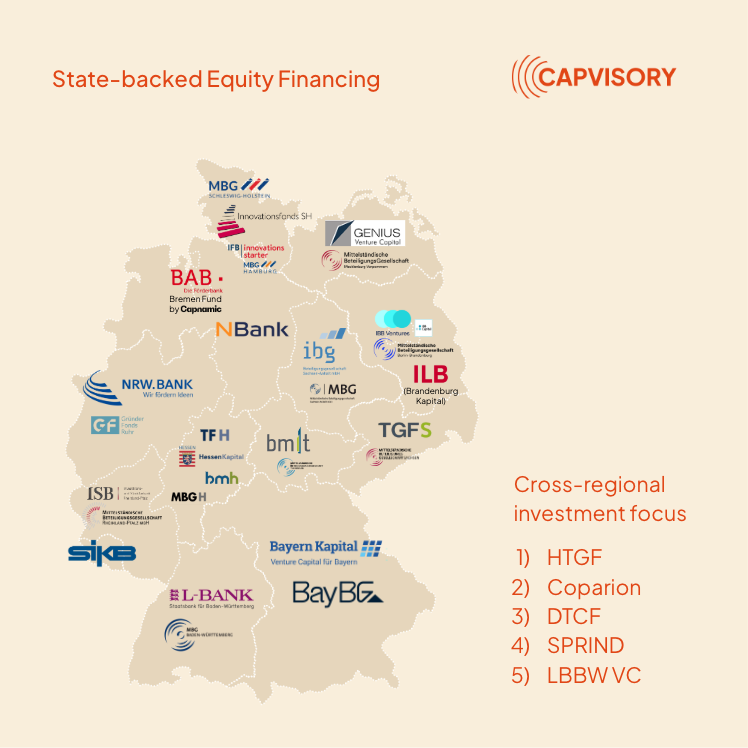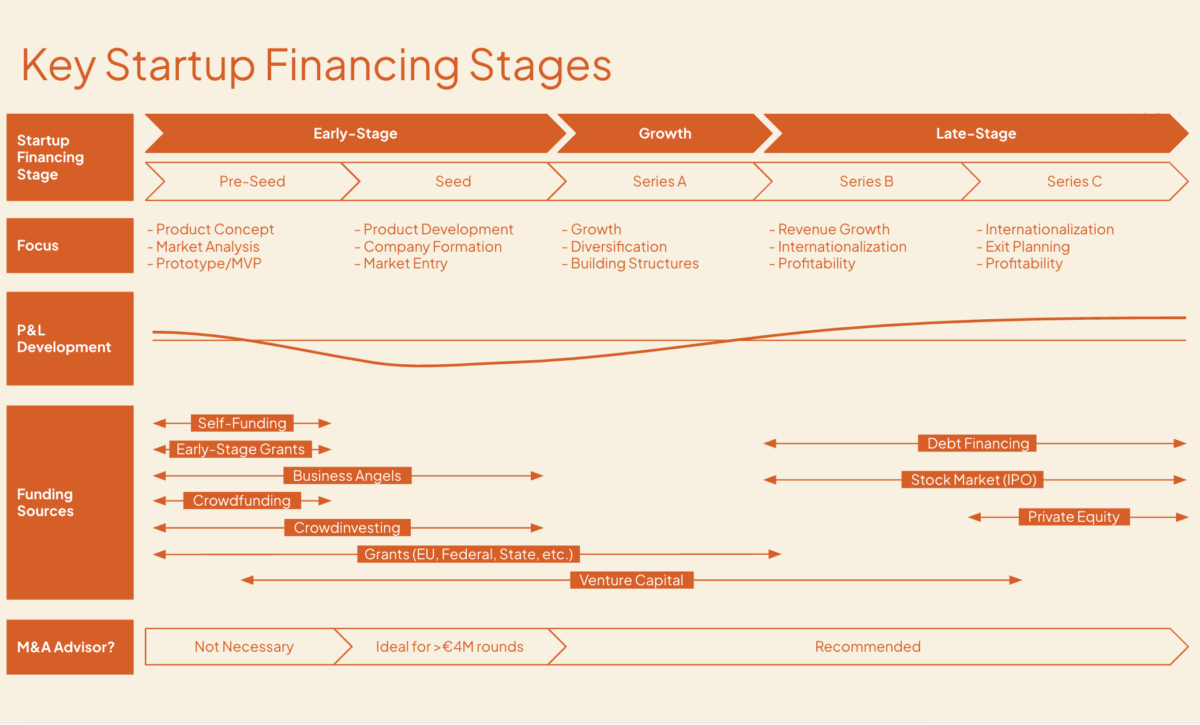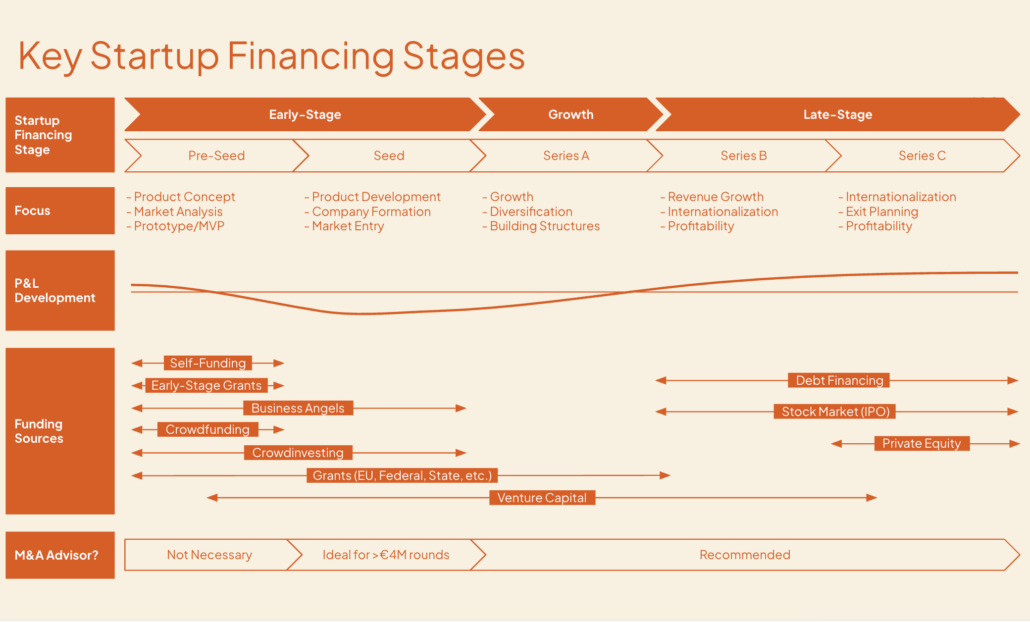Capvisory Insights
Fundraising knowledge
9 ways VCs sabotage their own market reputation
Capvisory is an independent, founder-led advisory boutique specializing in fundraising, sell-side M&A, and buy-side M&A for fast-growing tech companies and their investors.
Gründer und Partner
Gründer und Partner
Over the years of supporting founders in their fundraising journeys, we’ve seen some VCs taking a clear investment process very seriously… while others leave founders frustrated.
With this article, we want to share real experiences we’ve had in fundraising processes. And we want to contribute to a fair code of conduct between founders and VCs, because time is one of the most crucial resources in building companies, and it should be respected on both sides.
But one step back – how can VCs really stand out? Scroll through 50 VC websites and you’ll start feeling déjà vu. It’s always some variation of:
“We invest in exceptional founders building category-defining companies.”
It’s fine. It’s also… everywhere. So through their websites, most VCs can’t stand out. The content, the portfolio grid, the smiling headshots – they all blur together.
Where VCs can actually differentiate is in how they run their investment process.
A smooth, respectful, well-structured process doesn’t just win the deal, but it also creates positive noise in the founder community. And that noise usually travels fast. Otherwise?…
Here are nine examples we’ve repeatedly encountered that have the opposite effect — they damage a VC’s reputation. We’ve also included some simple alternatives for you, dear VCs, to show how you can do it better:
1. Rescheduling meetings at short notice
In one process the founder took calls with US VCs on Sunday night. Another call with a European VC was scheduled for 9:00 a.m. on Monday. The founder and I had been up since 6, reshaping the pitch – he wanted to take the call from home. Then comes the email: “Sorry, can we push this to next week?” The founder’s entire day now upside down.
DO: Send someone anyway. Either someone who can actually understand the pitch, or at least someone who can apologize on your behalf and help reschedule.
2. Being late / not showing up
Showing up 15 minutes late might not seem like much. But when you’ve prepared for weeks, every minute counts. Worst case? No-shows without explanation. That’s not just unprofessional – it’s disrespectful.
DO: In case you’re running late – again send someone anyway.
3. False promises
I’ve heard this a dozen times: “You’re exactly the kind of startup we invest in! We’ll come back to you by the end of the week.” Then… silence. Obviously, the interest wasn’t big enough.
DO: A little honesty upfront can save everyone’s time (and sanity). Keep your promises, even if that means declining a deal.
4. Processes taking too long
Fundraising isn’t a wine that gets better with age. Timing is crucial. When decisions take too long, founders are left in uncertainty and burning runway and missing other opportunities.
DO: Develop and communicate a clear investment process, and meet your milestones just as you would expect from founders. The best VCs I’ve met execute systematically on deals.
5. No preparation
With one B2C software founder I’ve been in a call where the VC obviously opened the deck for the first time during the meeting. After 10 minutes of pitching, the associate interrupted: “Sorry, we only invest in B2B companies.”
DO: Together with founders, we prepare meticulously for every call by creating specific Notion boards with briefing notes for each investor meeting. This can take hours per investor. Please, VCs – show up prepared or decline.
6. Incorrect / outdated information on the website
Together with founders, we do our homework. We screen all potential investors to find the best fit. This includes checking websites, portfolios (and synergies), team members, blog posts, YouTube channels, podcasts, and more. Still, sometimes we hear in intro calls: “We’re not investing in XYZ anymore.” For founders, this signals a lack of care.
DO: Please keep your website updated and remove outdated information from the web.
7. No dry powder
This one’s tricky: In 2023/2024, we had mandates where 20–25% of the VCs taking intro calls were still in fundraising themselves and didn’t flag it in advance. We understand you need to show deal flow to LPs, but for founders, this is extremely time-consuming.
DO: Please flag upfront if you’re still raising your fund and clarify your timeline. Let founders decide if they want to invest the time or not.
8. “Downgrading” calls to juniors just to “see everything”
This happens over and over again: we speak with the Partners on a deal, only to be introduced afterwards to the juniors on the team for another intro call where they often start asking the same questions. In most cases, they then decline the deal.
If that’s your usual investment process, that’s perfectly fine. But if it’s just a “let’s have the junior see it” (training-) call when the fund already knows they’ll decline, it wastes the founder’s time and puts juniors in a difficult spot.
DO: Please clarify if this step is part of your process or simply decline the deal.
9. Sloppy work
One VC once sent a rejection email to a founder, but accidentally CC’d a completely unrelated founder. I know mistakes happen, but…
DO: …please work diligently.
Takeaway
Fundraising is hard enough without these avoidable pitfalls.
VCs who want to stand out for the right reasons should treat founders’ time and trust like gold – because, in this game, it is.
To get more insights directly in your LinkedIn feed, follow Julius Krätschmer on LinkedIn.



